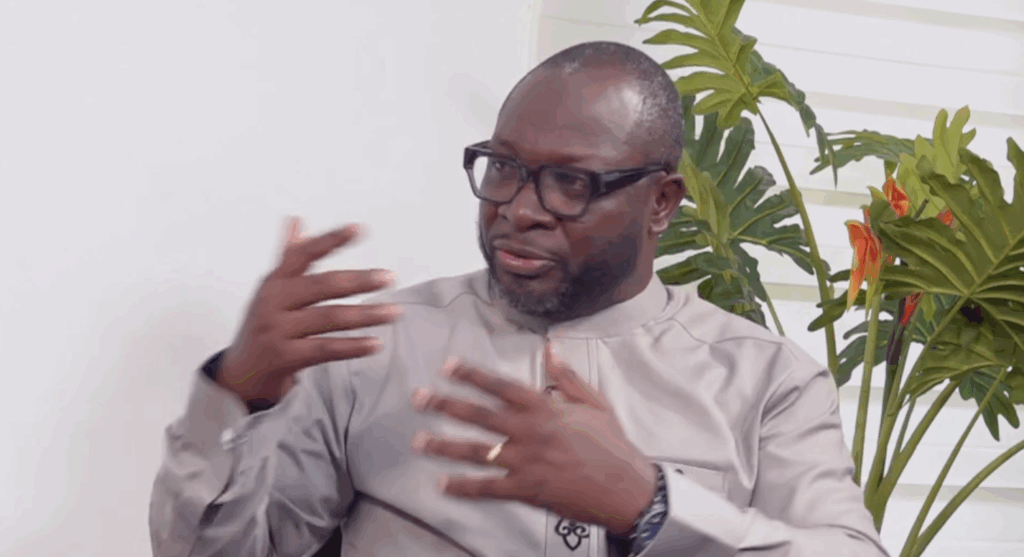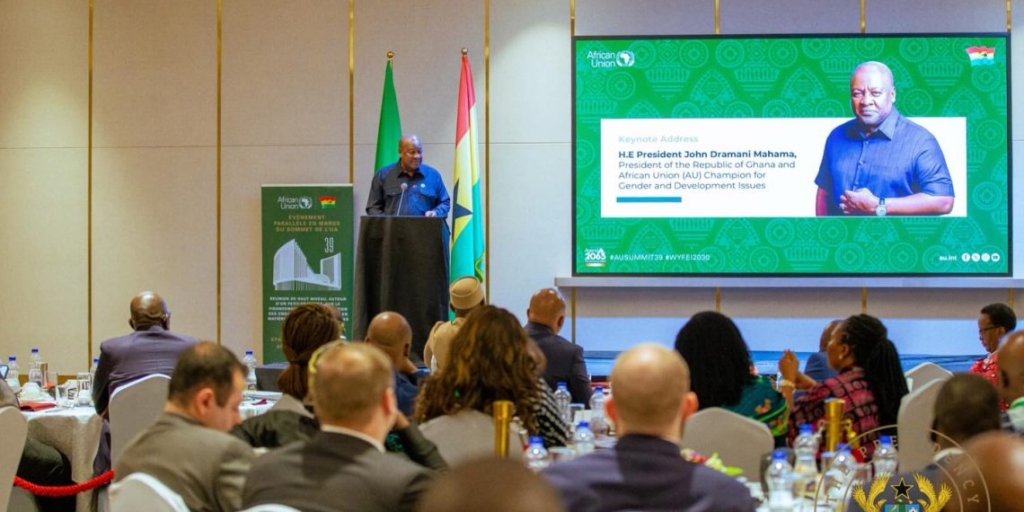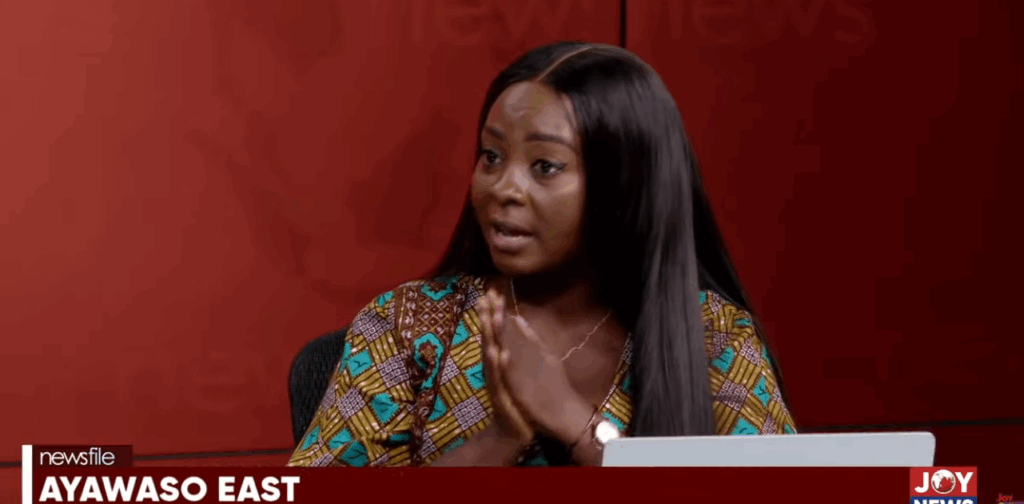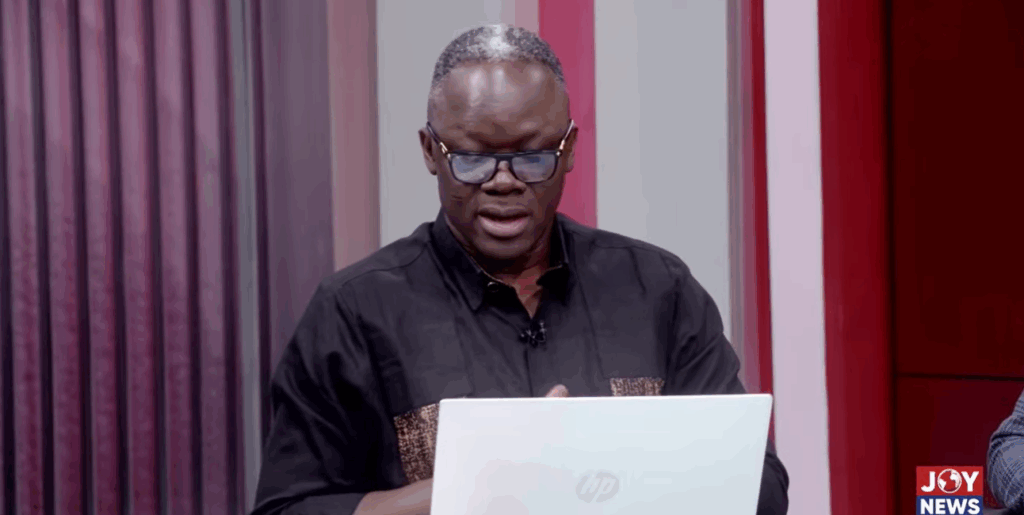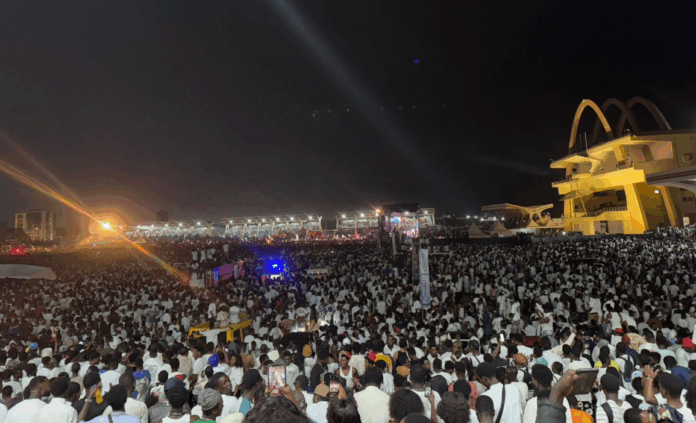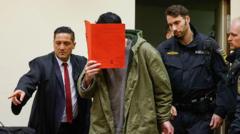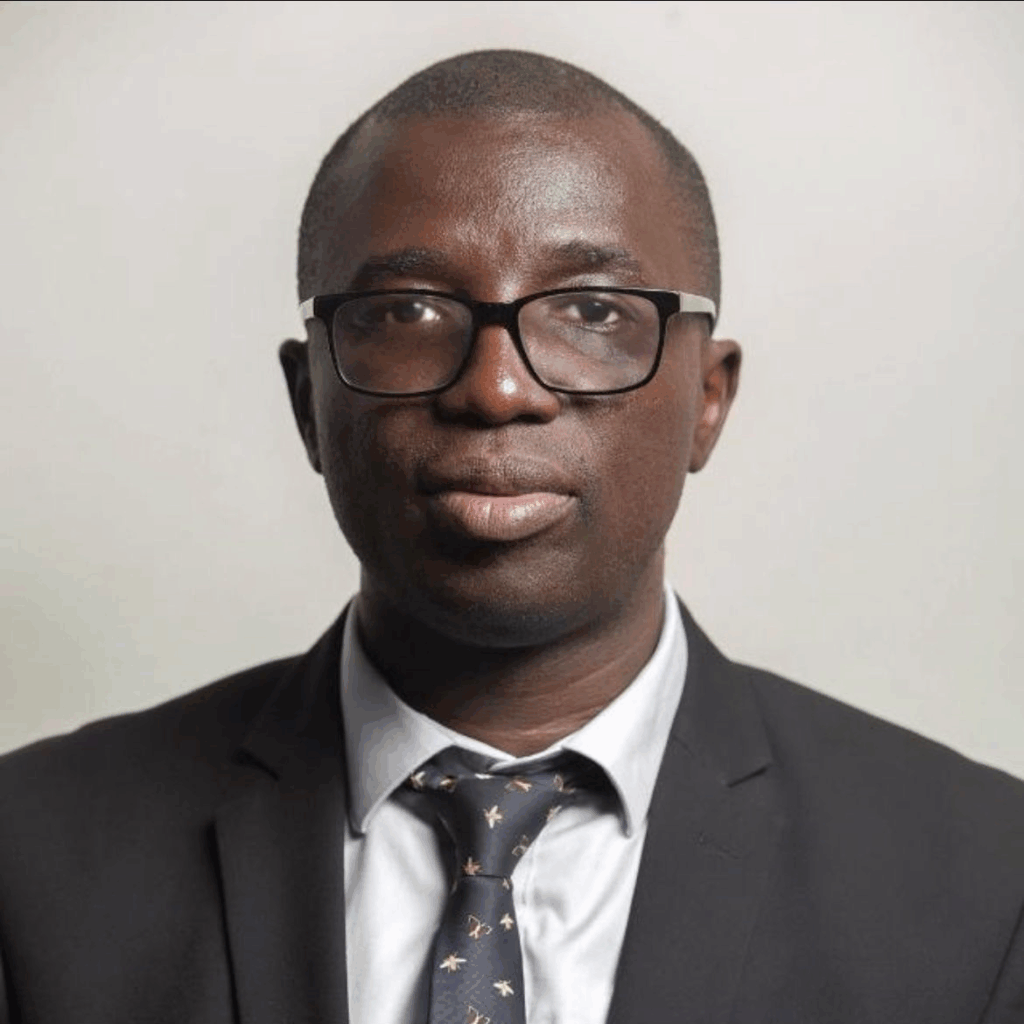Germany’s anti-immigration party Alternative for Germany (AfD) is on course for victory in the eastern state of Thuringia, according to projections.
The AfD is set to win 32.8% of the vote, says a projection for public broadcaster ARD, nine points ahead of the conservative CDU, and far in front of Germany’s three governing parties.
If confirmed, it would give the far right its first vote win in a state parliament since World War Two, although it has little hope of forming a government in Thuringia.
Some five million Germans were eligible to vote in two state elections in the east on Sunday. The AfD is also close behind the CDU in the election for a state parliament in Saxony.
In Saxony, an ARD projection gave the CDU 31.8% and the AfD 30.7%, again far ahead of the three parties running the national government – the SPD, the Green Party and the FDP.
The AfD’s top candidate in Thuringia, Björn Höcke, who is a highly controversial figure in Germany, hailed a “historic victory”.
His party has been designated as right-wing extremist and he has been fined for using a Nazi slogan, although the former history teacher denies knowingly doing so.
With federal elections only a year away, the AfD is second in national opinion polls and co-leader Alice Weidel said it was clear that voters in both eastern states wanted her party in government: “Without us a stable government is no longer possible at all.”
“Politicians have promised a lot, particularly concerning migration and foreigners,” AfD voter Michael told the BBC in Thuringia’s state capital Erfurt.
“But nothing happened. Nothing. Just promises came from these parties. Now I have my party. And I stand with my decision,” he said, standing beside his partner Manuela, who agreed that people wanted change.
Immigration played a big part in Sunday’s election, but the AfD also wants to stop weapons supplies to Ukraine, as does a new party heading for third place in both states, left-wing populist leader Sahra Wagenknecht BSW party.
Although she has similar ideas to the AfD on Ukraine, Ms Wagenknecht has refused to take part in any coalition with the party, which gives the far right little chance of running Thuringia.
If the projections are confirmed, the AfD is on course to win 31 seats in the 88-seat Thuringia state parliament, and the CDU 23 seats, with only one of the three parties in the national government represented.
That would give the far-right party more than a third of the seats, handing it a blocking minority on decisions that require a two-thirds majority, including changes to the state constitution.
Chancellor Olaf Scholz’s Social Democratic Party (SPD) is set to win just six seats, with none for the Greens and liberal FDP.
Sunday’s elections have underlined the unpopularity of Germany’s ruling “traffic-light” coalition, so named because of the red, yellow and green of the party colours.
A third eastern state, Brandenburg, is due to vote in three weeks’ time and although the AfD is ahead in the opinion polls, the Social Democrats and conservatives are only a few points behind.
While Björn Höcke hailed his party’s victory with supporters in Erfurt, anti-AfD protesters gathered outside the Thuringia state parliament.
Among them was Hannah, a local student, who said she was very worried by the result: “I think there a lot of people who are aware they have Nazi policies and don’t care. Germany has some kind of responsibility on that matter.”
The rise of Sahra Wagenknecht’s populist party had a direct impact on the Left party, which won the last election in Thuringia but has now slipped into fourth place.
Bodo Ramelow. the Left-party state premier of Thuringia, said the election campaign had been characterised by fear and that he was “fighting against the normalisation of fascism.”
Ahead of Sunday’s vote, Jewish regional associations in Thuringia and Saxony appealed to voters not to back the AfD.
They said it was not a normal party but a serious threat to Germany’s democracy, with almost classic extreme right-wing policies.

